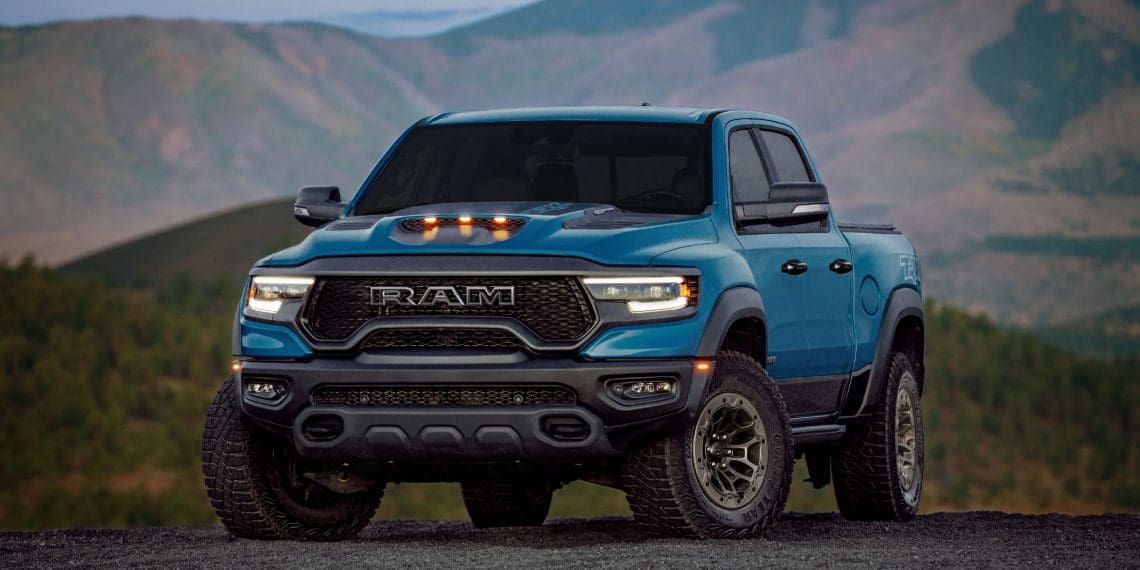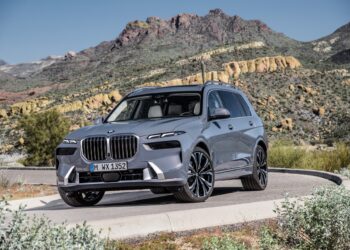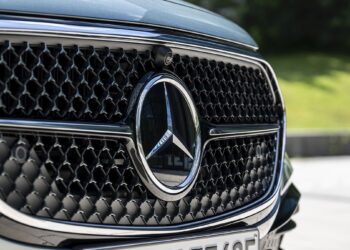In an era where automakers strive to electrify their fleets and captivate a tech-savvy audience, Ram seems to have hit a major speed bump. Despite bold promises and flashy reveals, Stellantis’ Ram brand is facing mounting challenges with its electric trucks, delays in production, and quality control issues that could spell trouble for its future in the competitive market.
The Electric Promises That Keep Slipping Away
The buzz around Ram’s electric future began with the Ram 1500 REV, a fully electric pickup that was unveiled with much fanfare in February 2023. Nearly two years later, as 2024 draws to a close, the truck has yet to hit the streets. A similar fate befell the Ramcharger, a hybrid-electric truck with a range-extending V6 engine. Announced in November 2023, it too remains unavailable, with its launch pushed to the first half of 2025.
This frustrating delay is part of a troubling trend across the auto industry: revealing exciting new models long before they’re ready for the road. But Stellantis, the parent company of Ram, seems especially bogged down. CEO Carlos Tavares recently acknowledged the bottleneck, citing an overwhelming workload.
“We are just facing a very significant amount of workload,” Tavares said. “We want to be very prudent in the way we validate the products, so we take our time.”
While caution might be wise, these delays leave a bad taste for consumers who’ve been eagerly waiting.
Electric Trucks: A Tough Sell in a Lukewarm Market
Even when the REV and Ramcharger do finally roll out, expectations remain muted. EV adoption in the United States has been slow, especially in the truck segment, where traditional gas-powered models still dominate. Stellantis seems aware of the uphill battle.
“Not to say we expect to have a very strong demand,” Tavares admitted. “We see the market is not reacting very fast.”
This tempered outlook could spell trouble for Ram, especially as competitors like Ford’s F-150 Lightning and GM’s Silverado EV make strides in the same space.
Conventional Woes: Quality Issues Haunt the 1500 Lineup
Ram’s challenges aren’t confined to its EVs. Even the gas-powered Ram 1500 is facing significant hurdles. Stellantis’ top brass revealed in July 2024 that too many brand-new trucks required repairs right after rolling off the assembly line in Michigan. Such quality issues undermine consumer confidence and hurt the brand’s reputation at a critical time.
To make matters worse, the end of production for the Ram 1500 Classic last month marked the discontinuation of the beloved Hemi V8 engine, further narrowing the brand’s options. With the current-generation Ram 1500 left as the sole offering, Ram’s lineup looks leaner and less enticing as competitors flood the market with innovative features and new models.
Sales in Freefall: A Grim 2024 for Ram
The numbers paint a bleak picture. Through September, Ram’s U.S. sales plummeted by a staggering 24%, a nosedive that highlights the urgent need for fresh, reliable products. The brand is relying on its electric trucks to provide a much-needed boost, but the delays and tepid EV market pose serious risks.
What’s Next for Ram?
Ram is staring down a critical crossroads. The success of the REV and Ramcharger is pivotal, but with their delayed launches, the brand is losing valuable time to competitors. Moreover, quality control issues and the lack of diverse offerings further compound the brand’s challenges.
As Stellantis grapples with its workload and cautious product validation process, the stakes couldn’t be higher. Will the Ram 1500 REV and Ramcharger deliver on their promises and revive the brand, or will delays and market hesitancy leave them stranded in the dust?
For now, Ram’s future hangs in the balance, and the road ahead looks anything but smooth.










